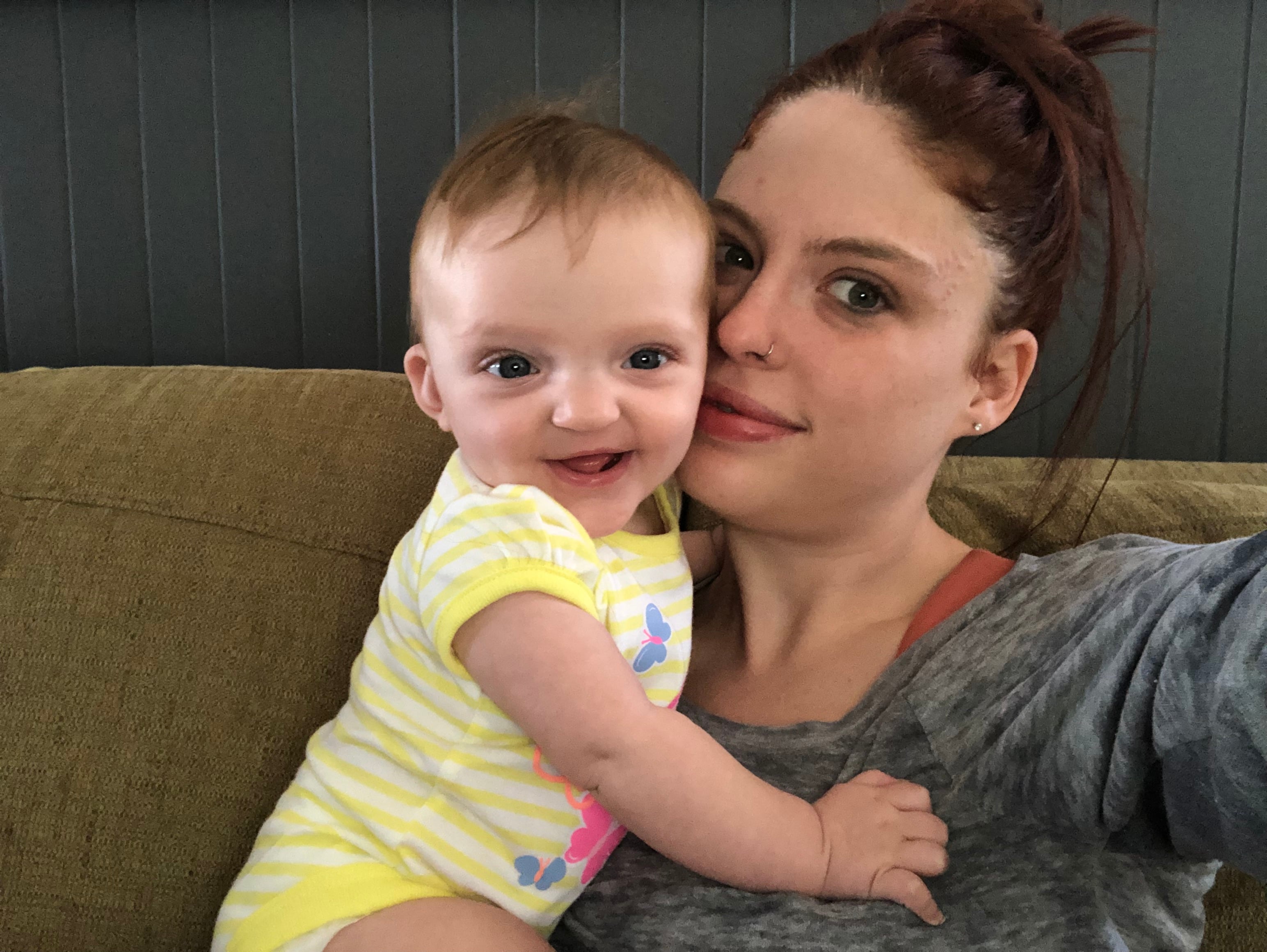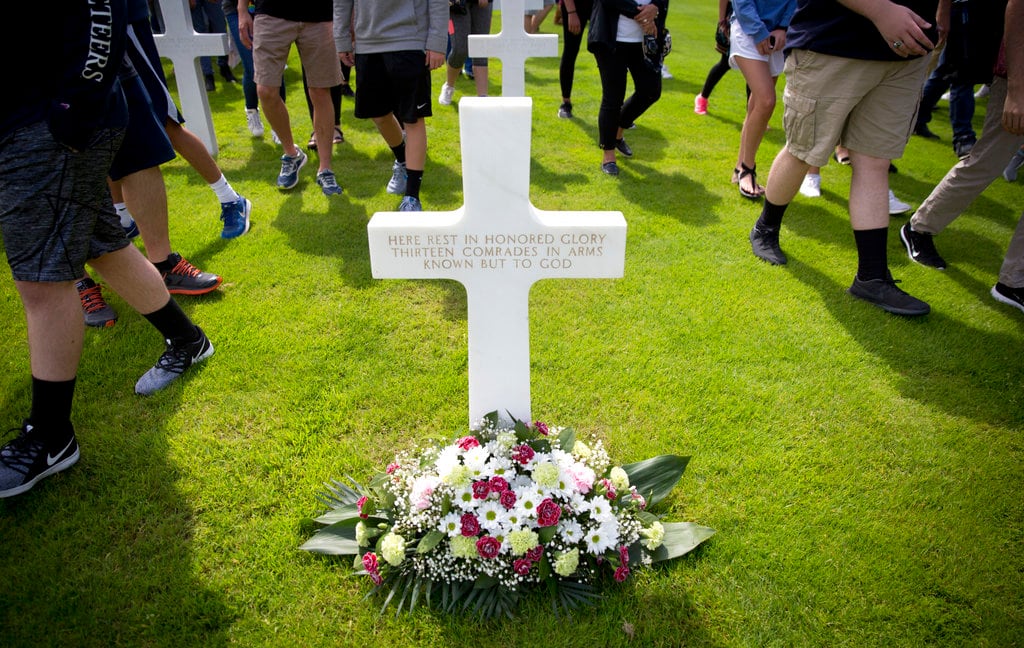It's no secret the Pentagon is closely monitoring how female service members move forward as more career fields open up to women.
Lively discussion from military officials (and from critics) surrounds the skill sets women could contribute to missions if given the opportunity to work within highly coveted career fields, or attend notoriously tough courses like the Ranger School.
But a panel of military experts said it should not be about what women could bring to the table, but what women already bring.
"The issue ... is tied up with the whole larger conversation of women in combat, and ... we seem really shocked when we see women who are working with [elite combat forces] when for the people in that community that has long been the case — but our conversation is just catching up," said Gayle Tzemach Lemmon, author of "Ashley's War: The Untold Story of a Team of Women Soldiers on the Special Ops Battlefield." The story Lemmon's book follows 1st Lt. Ashley White, as Lemmon describes, a "Martha Stewart meets G.I. Jane" soldier who had a great desire to serve and "not [be] confined to having to live up to other people's definitions of what women in combat ... bring to war."
The panel, coming which came together at Washington's New America Foundation on June 10 Wednesday, explored Lemmon's book in the context of what the future holds for women in the military.
Other panelists were: Army Reserve Staff Sgt. Jennifer Hunt, who was one of four plaintiffs seeking to overturn the Pentagon's exclusion of women from many combat roles in 2012; Marine Corps vet Sgt. Sebastian Bae, a former squad leader and current contributor to Foreign Policy; former Army infantryman with the 3-2 Stryker Brigade Alex Horton, currently with The Mission Continues and the Truman National Security Project organizations; and Capt. Elizabeth Verardo, an AH-64D Apache pilot and company commander who's pursuing global affairs studies at Yale University.
The panel was moderated by New America's Douglas Ollivant, a retired Army officer and former director for Iraq at the National Security Council during the George W. Bush and Obama administrations.
The panel members said that change — within the culture of the military and the general public — is on its way not only because of progressive discussion but because women have and continue to be resources within every rank.
And women can apply their special skill sets — for example, from working with cultural support teams, or generally skills they attain within their career fields, for example — regardless of the decision to move forward in combat roles or not, Horton said.
"No one's being used to their capacity," he said of retaining the best within the military ranks — male and "doubly" for female. "And at this point, we have to think about recruiting for a decade down the line ... but you're leaving out this wide berth of people with the haves and have-nots and when drawing women in, and this is a national security issue. ... We cannot get away from our talent pool."
And panelists agree: These women, current and future, are the talent pool necessary when dictating how future battles are won.
Here are some highlights from the "War of Women" panel, and about the furthering the female combat story:
On the Marine Corps' infantry experiment and on Ranger School:
Verardo: Your credibility lies in your ability to perform physically. With Ranger School, the one concern that I have is people will jump on the fact that none of these women advanced to the next stage, but I have a lot of male friends who are Ranger-qualified who would say, "Well you're not really a Ranger unless you recycled." And I think it's important to realize just how far these women went, and ... it's just a matter of time. They can do it, they just don't have the exposure to train for it like an infantry lieutenant from Officer Basic who has drilled into his head from day one.
Lemmon: There was never a push from women to change to standard. I promise you, if the standards are revisited, women will be up in arms because they don't want a "dumbed-down" standard.
Hunt: The women who joined the military, we didn't make up those standards. ... I would say, for physical training tests (which vary by service, age group, gender), raise those standards and then women would be expected to meet those levels and train for them.
Horton: We don't allow women to be in the same capacity, and yet when we see them try and don't make it, it's just a confirmation [of that bias].
Bae: One of the gripes I have with these "experiments" the Marine Corps is having and the Army's having is that, even if these women pass these schools, especially Ranger School, they won't be considered infantrymen. It becomes, "Thank you for your three months of your hellish training, now go back to your unit, or maybe have a different career [altogether]." The conversation should not be whether women do serve in combat roles, it should be, how do we set up a system to not only have them succeed but excel in those roles.
On integration: A step forward or "just an experiment" to bring women into combat roles/more military roles?
Hunt:There's no female out there ... that wants a leg up, and I would even say that the combat exclusion policy actually gives men in the military an unearned advantage because they don't have to compete with the best qualified women; they can maybe skate by where they may have gotten weeded out if women had been allowed to compete.
Bringing another skill set and another experience from someone who happens to be a woman helps us prepare for the next battle.
Lemmon (in the context of speaking to a Ranger): He said to me, "A job well done sticks out, I don't care who's doing it."
Verardo: When I'm going to flight school, I'm not trying to be the best female pilot I could be, I'm trying to be the best pilot, and best lieutenant.

On their experiences during deployments:
Bae:(on being told by his commander not to associate with two women attached to his unit): I learned the women [with us were] our asset, not a liability, but we were treating them like they were toxic; and I wish we included the women more and honestly, the whole conversation in America about whether they should serve in combat roles is ridiculous; how can you deny — women who are asked to defend our nation — the quality of access in their own military and own public service?
On public perception:
Lemmon: I think that in some ways the Pentagon is hemmed in by the public. The public has yet to realize that these are their daughters, their sisters, their wives ... that these are people they know who are driven to serve in this kind of way. And I really wanted "Ashley's War" to puncture this kind of "otherization." It's still kind of shocking for the general public [to accept that].




